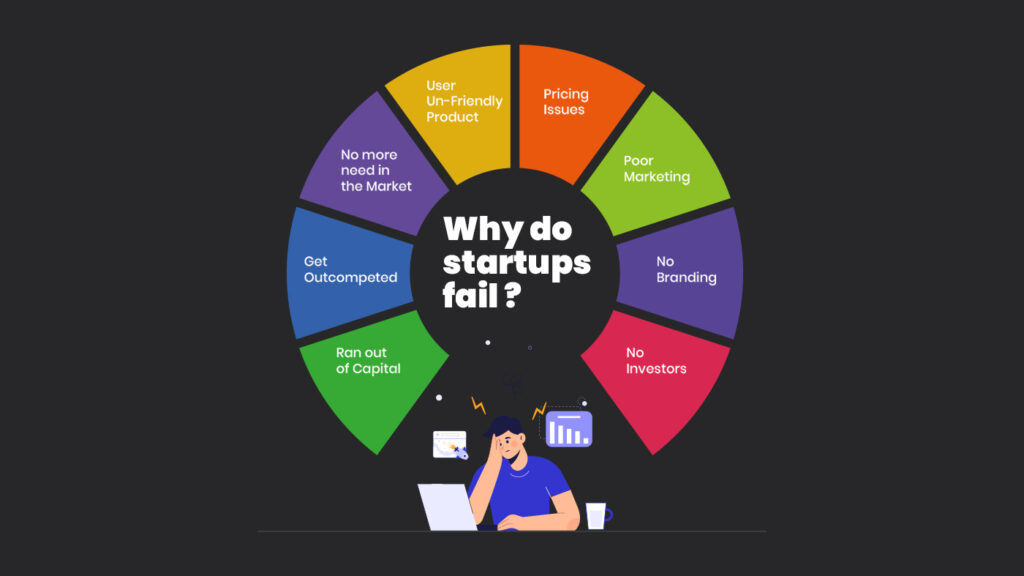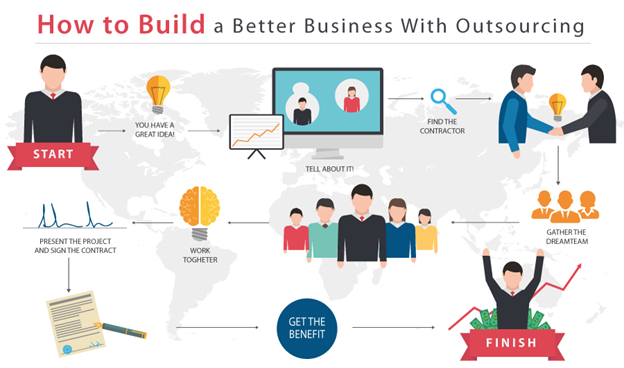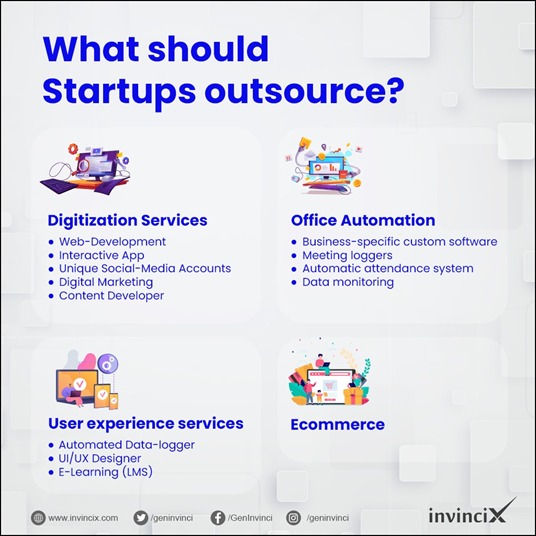
Budding entrepreneurs with the enthusiasm for being a part of the next big thing gives birth to many startups. Starting a business is a lot harder than you think, with many challenges on the road. From the backseat, everything seems fine, but when you’re driving, you realize how much effort it takes to prepare the company strategy, plan the product development, build a prototype, raise money, and hire the right talents to make it all happen. Rarely is a business so in tune with its niche that it grows with the flow. Most of our business books focus on the success stories of entrepreneurs. But the harsh way to success is always the Failure and Struggle stories. Listing down some of the struggles startups face lets us figure out how to improve things.
Starting a business from scratch is an off-road adventure in itself. A business involves many things apart from investing money, coming up with a plan, and then operating. To sustainably, reliable people and all other things are necessary to bring the business up the ladder. It needs a workforce to work on areas like operations, marketing, sales, and human resources that involve lots of paperwork. Most of the workforce spends time strategizing and documenting rather than concentrating on the deliverables. Hiring a workforce to develop different domains may lead to additional costs for a startup, and times, these employees are only required for a few months during the development stage.
Outsourcing is Necessary
Does your startup need help in some regions of your business but doesn’t have the money to hire for these in-house positions? Employees in a startup indeed do multitasking. Now, you have reached the point where the quality of work starts tapering off because people are performing tasks they are not qualified to perform. This is when you know it’s the right time to look into “Outsourcing.”
In simple words, outsourcing is the practice of getting certain operations done outside a company. It is a contract agreed upon by the business owner and the outsourcing provider, where the business owner gives specific tasks to the outsourcing service provider for a particular period. In exchange for the services, the business owner can either pay the service provider or offer other services, depending on the agreement. Outsourcing is just another business strategy. Outsourcing provides great alternatives for cheaper costs, especially for those who still need to be financially capable of hiring and keeping an in-house employee.
Why Do Companies Outsource?

Outsourcing specific roles and administrative processes can create significant advantages for startups and small businesses. There are many reasons why a company might opt to outsource specific business purposes. A few of the most frequent reasons include:
- Decreasing and controlling operational costs
- Improving business concentrate
- High Expertise
- To stay ahead in the competition
- Freeing inner funds for other functions
- Focus on core processes
- Streamlining or raising efficacy for time-consuming purposes
- Maximizing utilization of outside sources
Now that you are crystal clear about why startups usually outsource certain services, knowing what to outsource and what not to makes an impact.

Every business is unique in its way, but there are essential processes that every startup needs to outsource. Perform a detailed analysis of your organization and identify what tasks make the most sense for you to outsource. I will list down some general processes that need to be outsourced.
1. Data Management:- One of the most common business processes that can easily be outsourced. It takes much time to enter and manage data. You need specially trained data entry professionals to sift through, sort, and analyze the data efficiently. This time-consuming process might shift your focus from the actual goal.
2. Digitization Services:- In this digital age, an online business presence is essential to gaining the customers’ trust. 97% of customers use the web to search for local businesses and the services they offer.
The website is the face of a company. The moment you hear about any startup, the first thing you google is the company’s website. Marketing your brand on your website, social media accounts, and other digital channels can save you many marketing rupees. Digital marketing involves a lot of serious content creation to establish the brand online. Outsourcing your digital marketing services will save your company time and money, and you will get creative results. Outsourcing Digitization and Content Creators will help you stand out from others.
Once, an excellent solution in “Invincix,” a software engineering and product development firm focused on quality and usable engineering developments that met customer expectations. They specialize in end-to-end enterprise product and application development, mobile application development, data analytics, and cloud-independent deployment.
3. Human Resources and Payroll:- Hiring top talents is considered one of the most time-consuming challenges of early-stage startups. Outsourcing is the best solution for employee retention problems, lengthy and expensive recruitment cycles, and difficulties in adequately evaluating technical skills, paperwork, and onboarding. HR software for small businesses has become affordable if you run a smaller startup. It can help a single person or small team to manage your HR records and processes efficiently.
4. UI/UX Design:- As a founder, you don’t have to bother about pixel-perfect designs. Outsourcing agencies bring UX and UI designers on board and ensure that the visual and coding specialists work together to create a unique profile.
Outsourcing has been an extended practice for most companies, but the onset of the Internet has allowed it to bloom and become more extensive as the years go by. If you want to be on the advantage of your business, finding the right outsourcing company to provide extra help is the perfect idea.